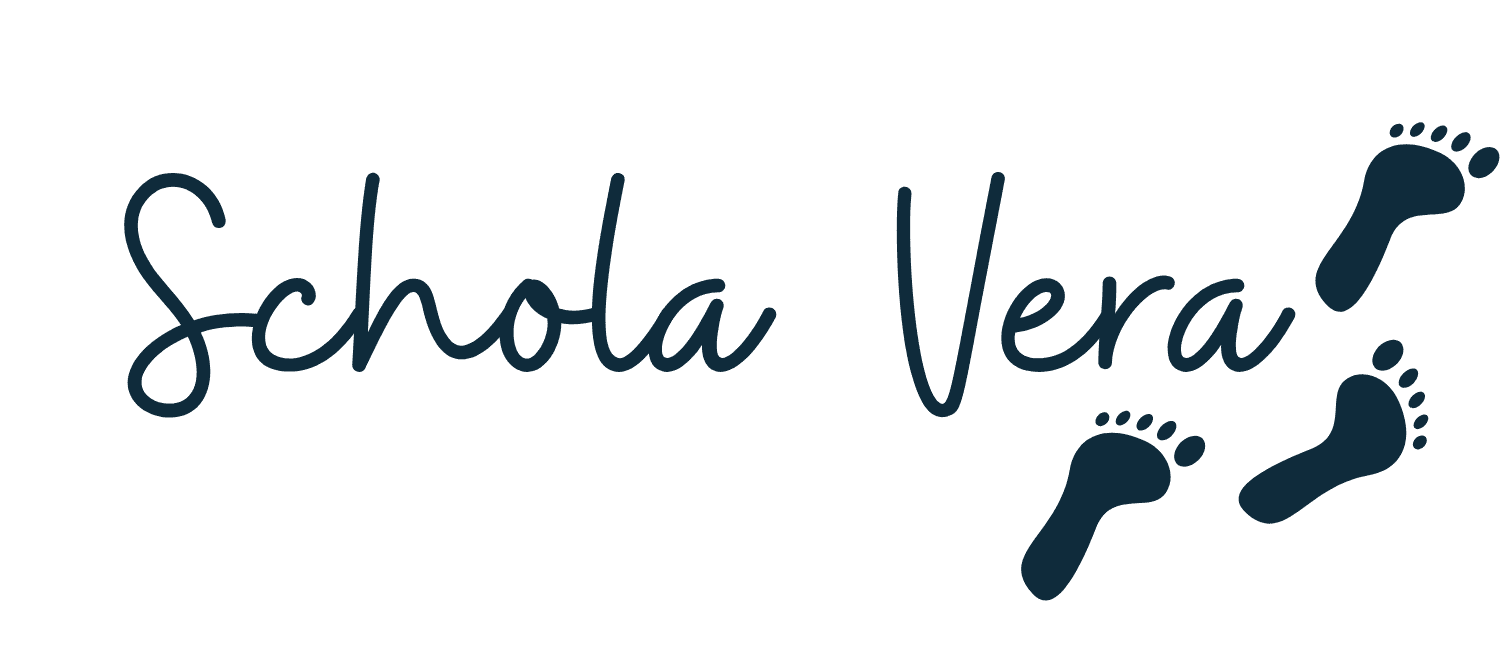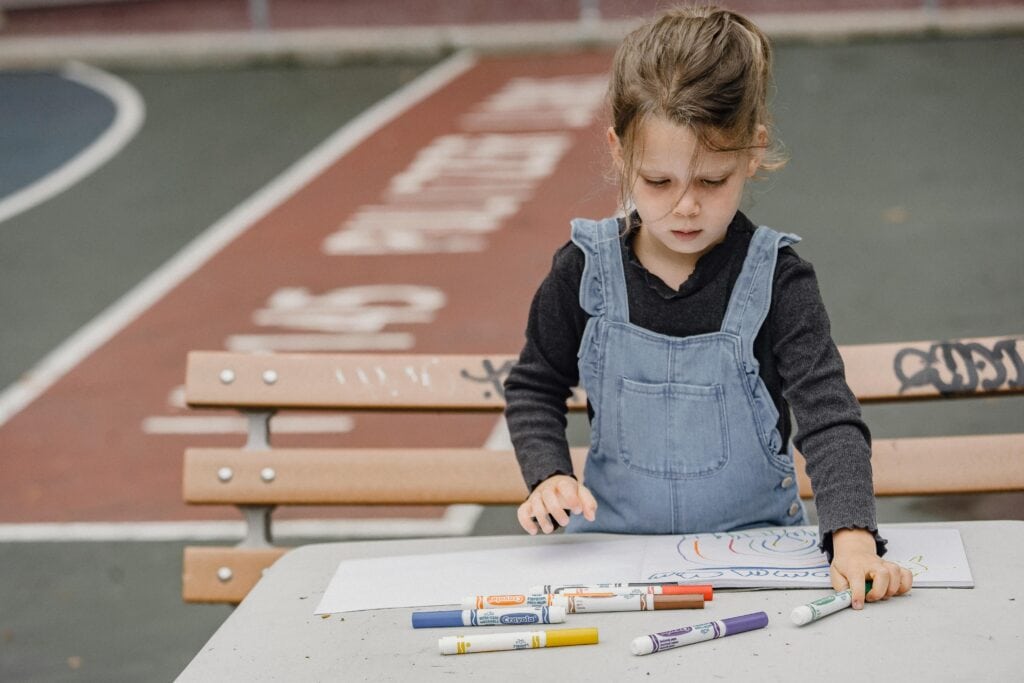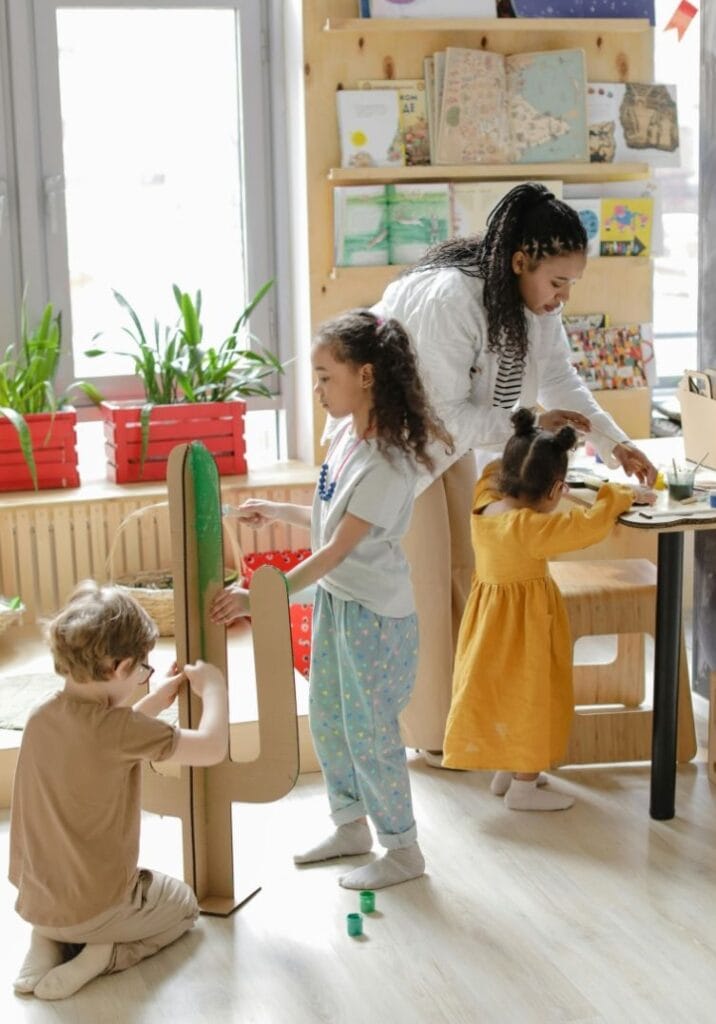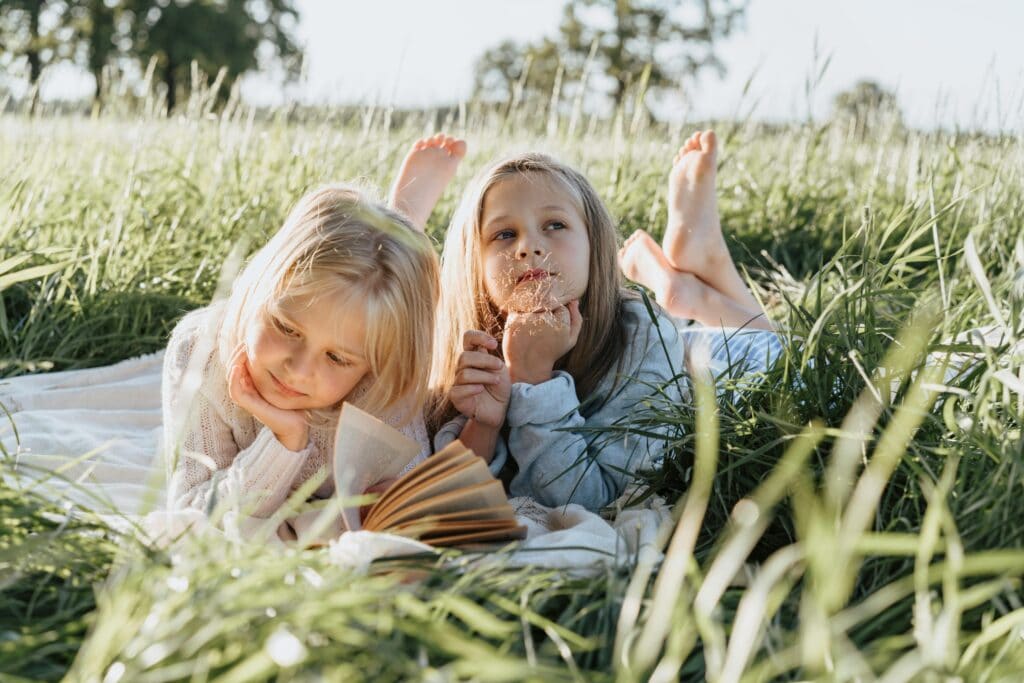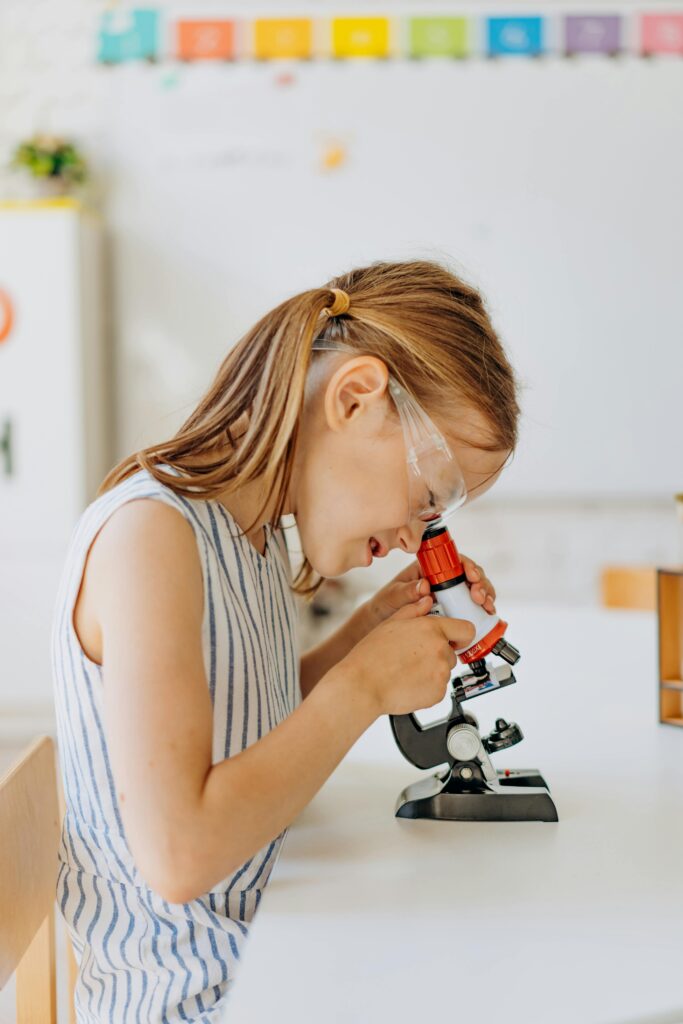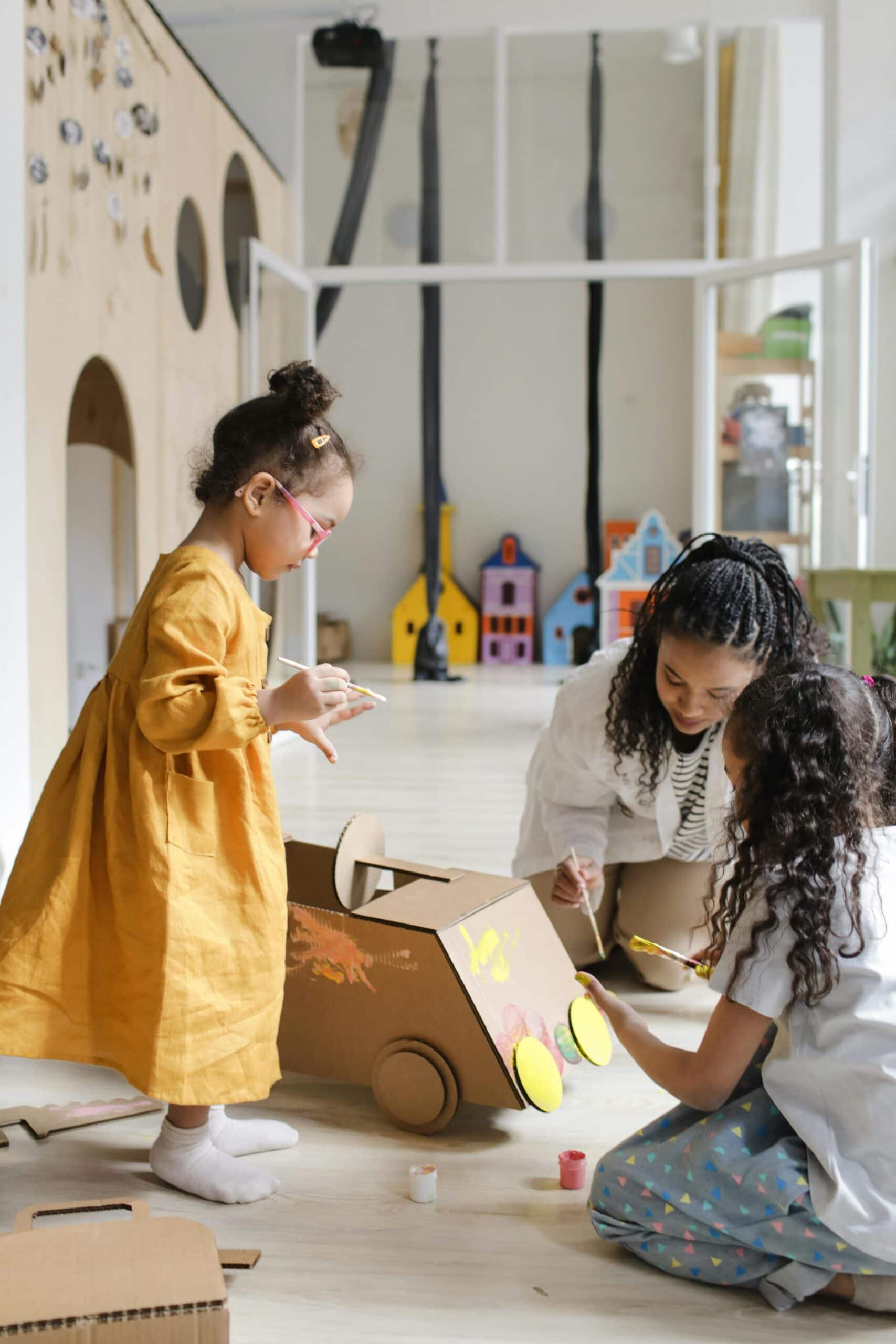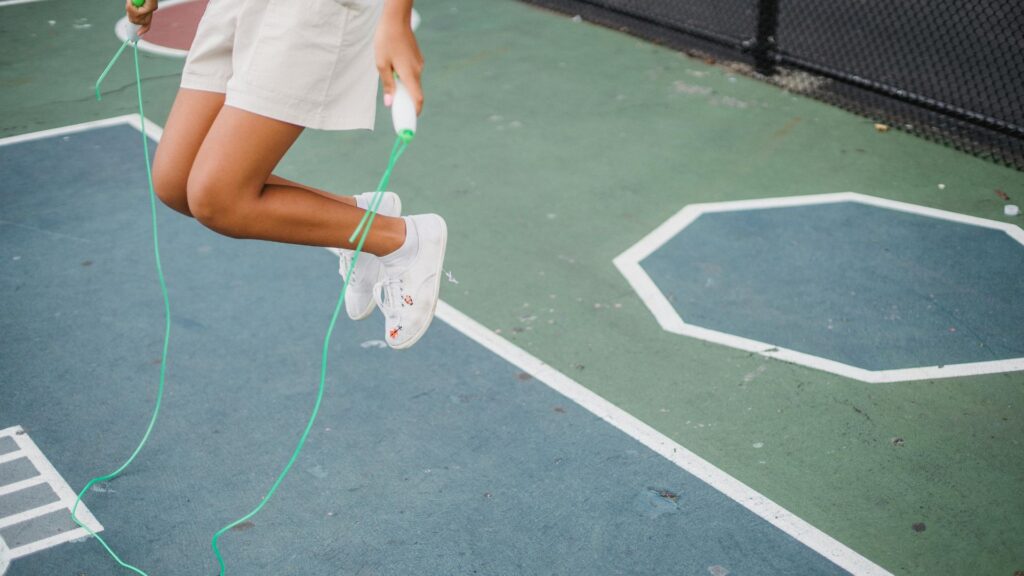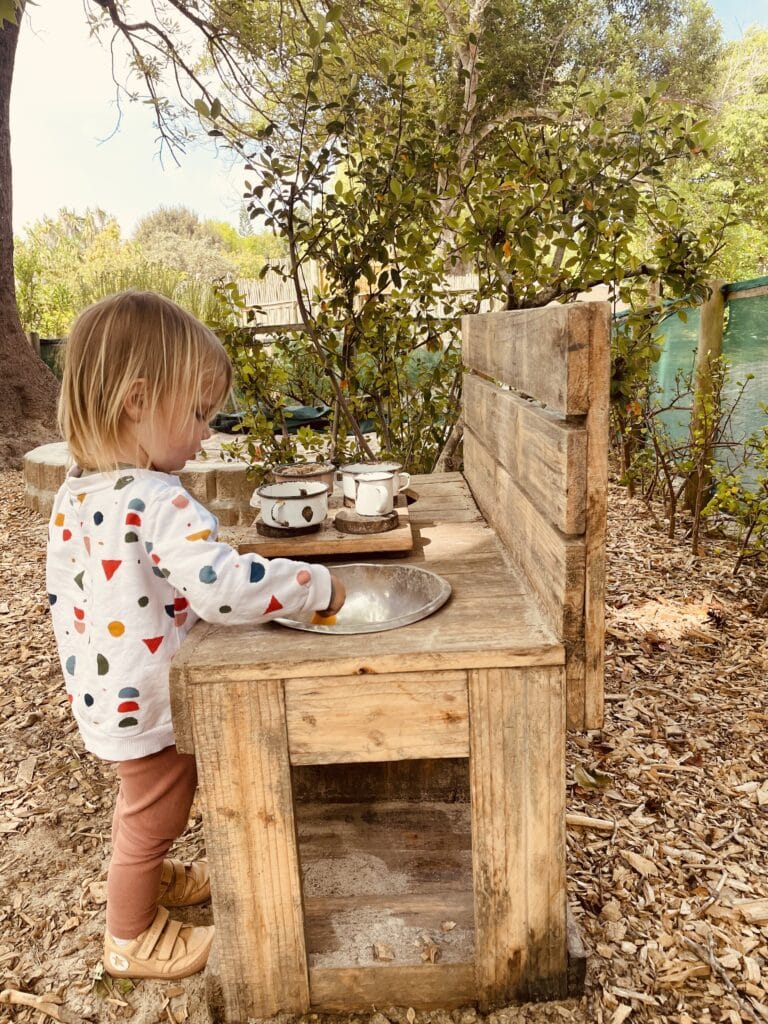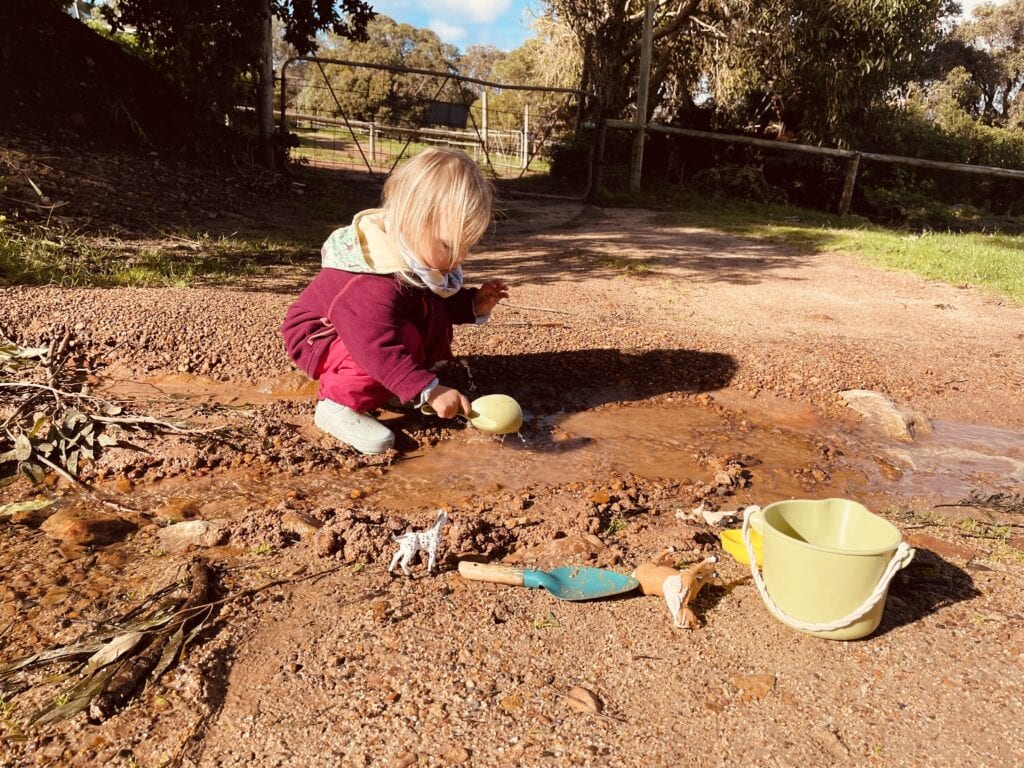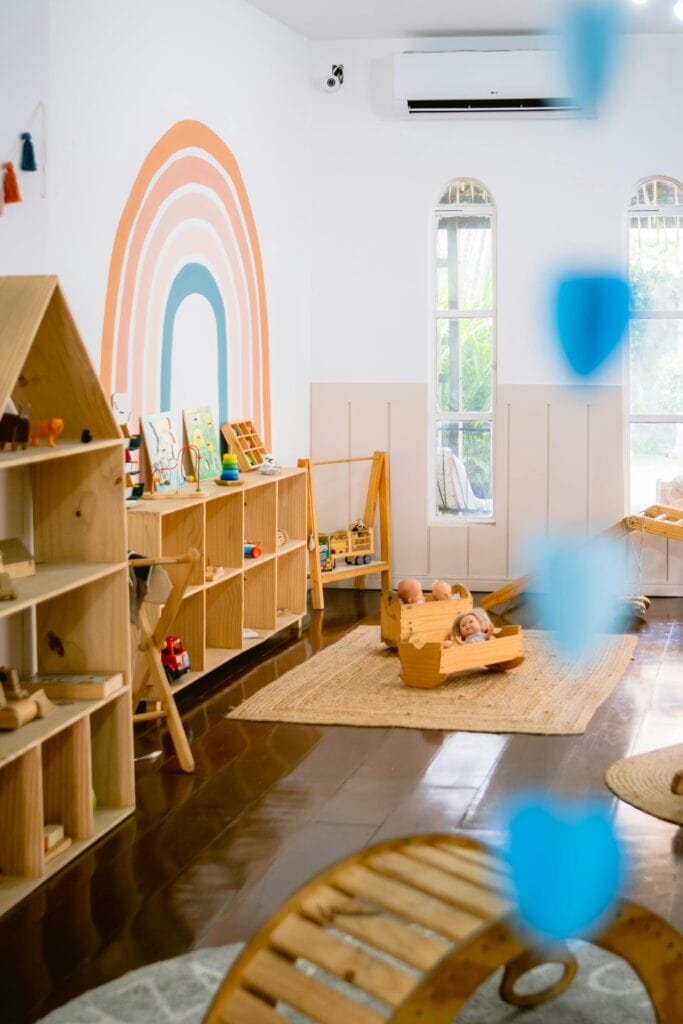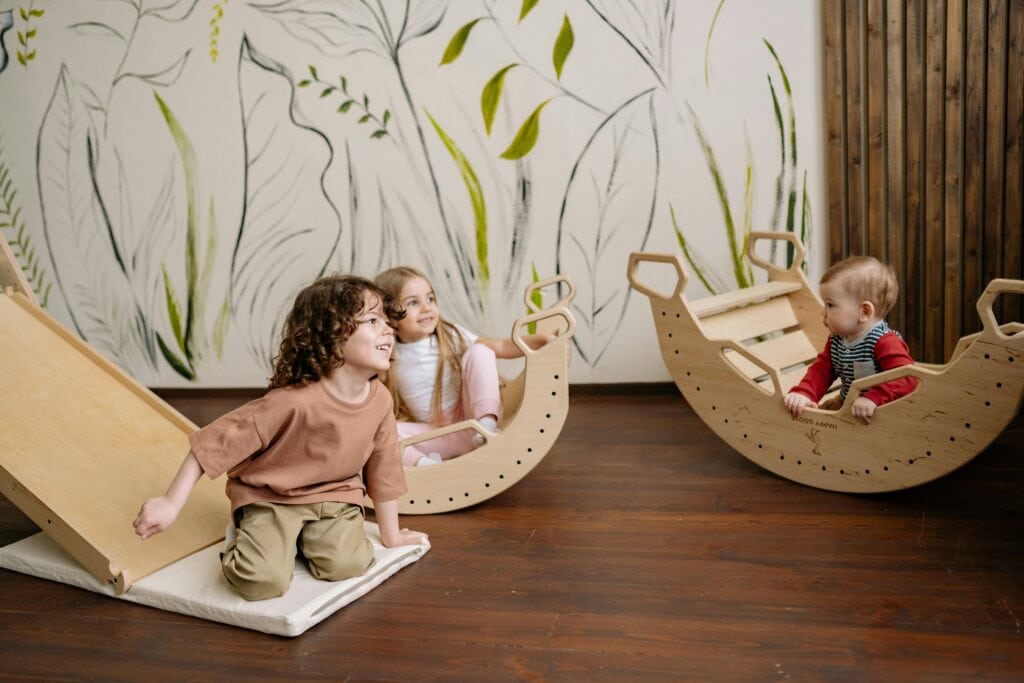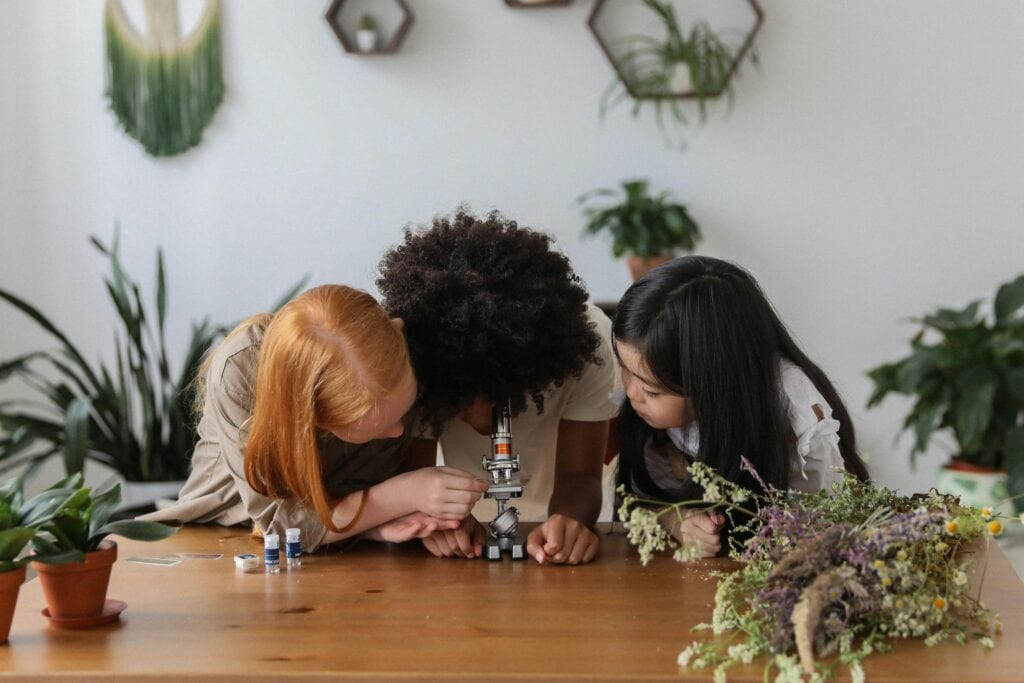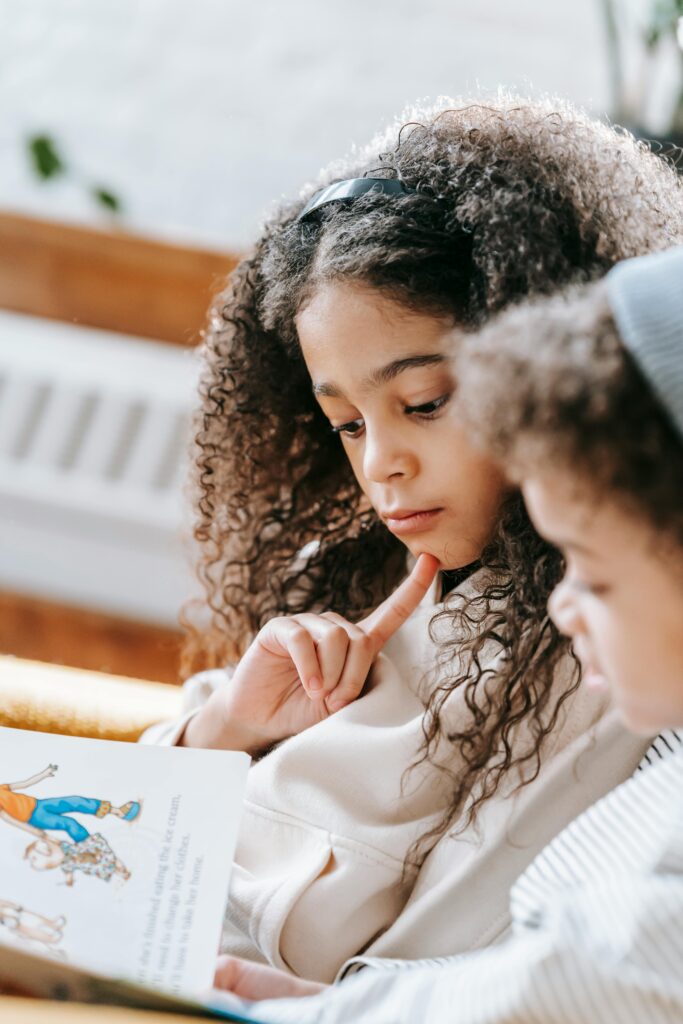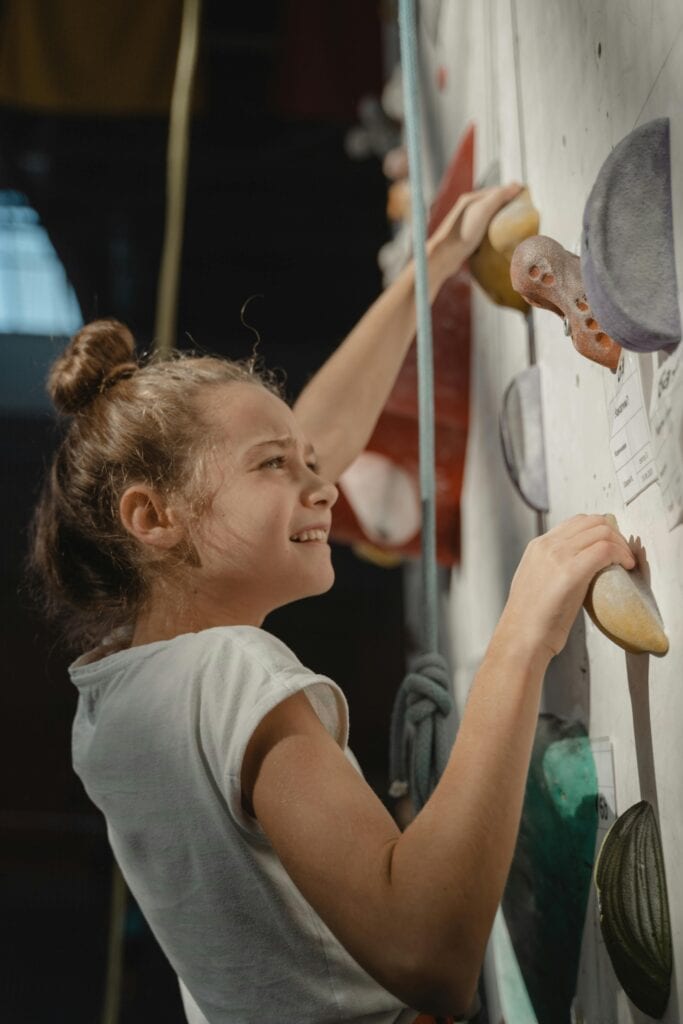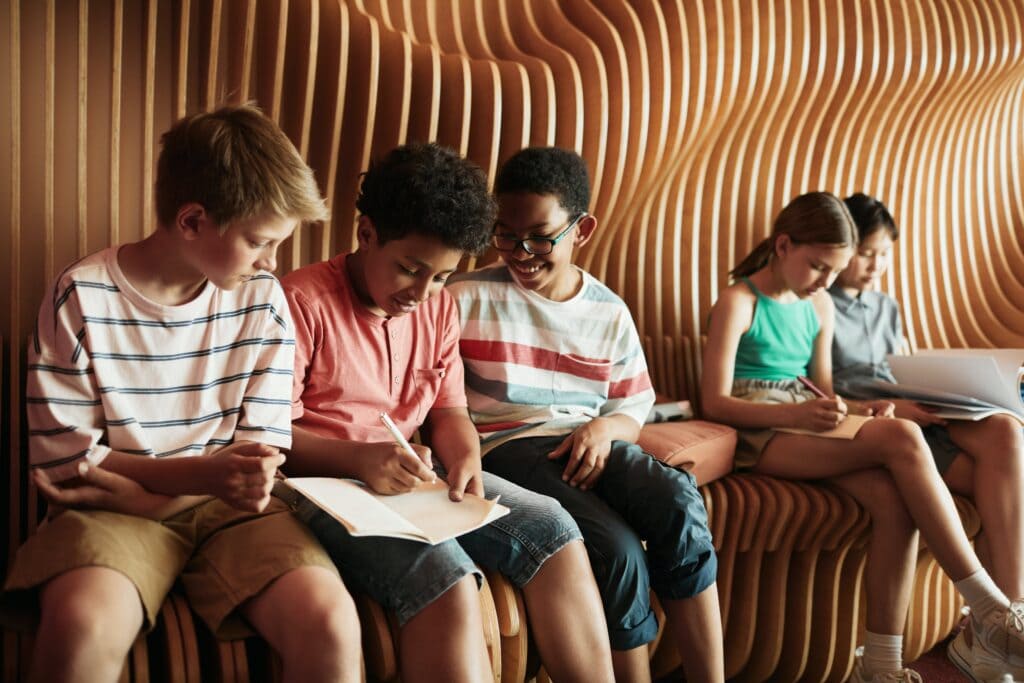Nurturing whole children, not just good students
By cultivating their natural curiosity, creativity, and joy while developing their confidence, autonomy, and intuition to thrive in real life. Based between George and Knysna.
The Hidden Costs Of Conventional Education
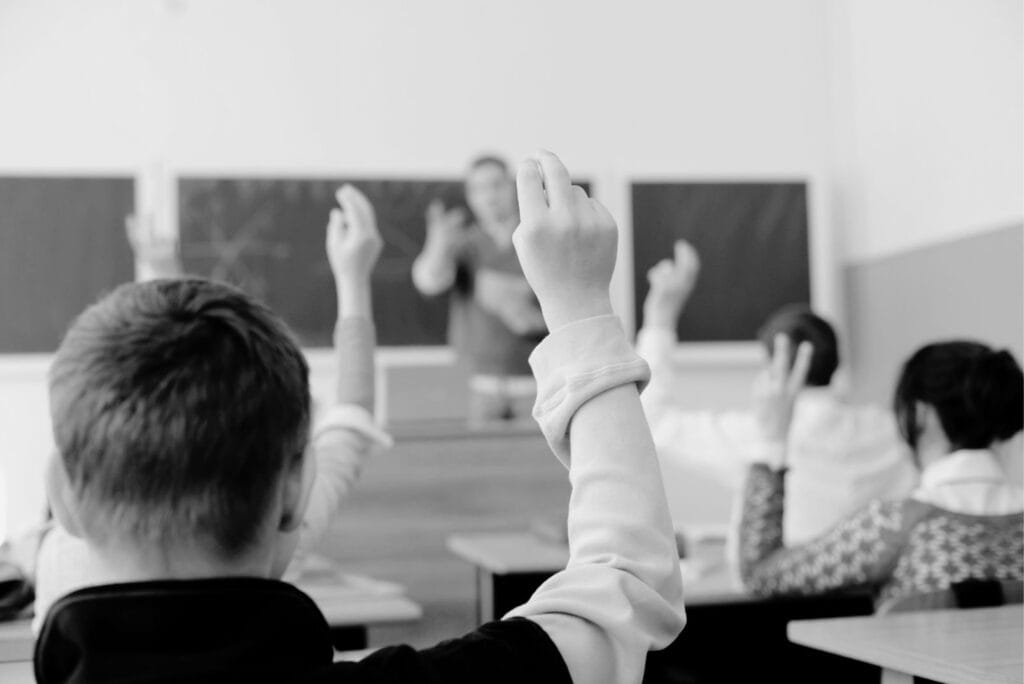
Traditional education was designed for the industrial age, training people to follow instructions rather than think independently. Therefore, it made sense to
But today’s children need different skills and experiences to thrive in a fast changing world.
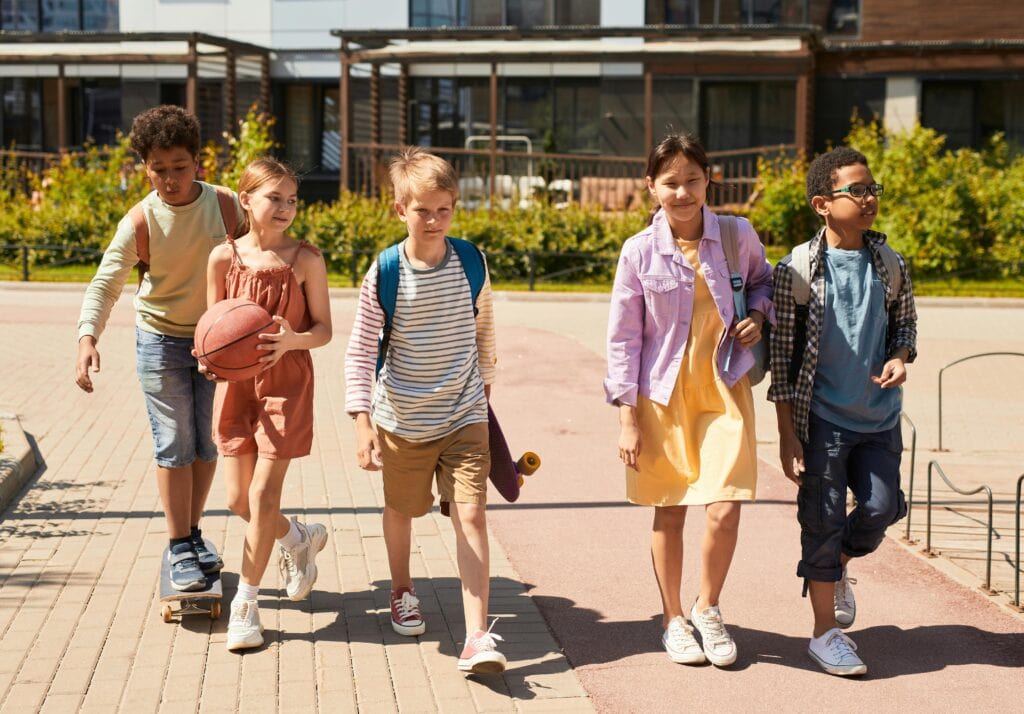
How Can We Achieve All Of This?
By going back to our natural roots! Schola Vera means “True School” – because we believe in returning education to its authentic roots. In ancient Greece, “scholé” meant leisure time devoted to learning for its own sake. Not preparation for future work, but a joyful pursuit of knowledge driven by natural curiosity.
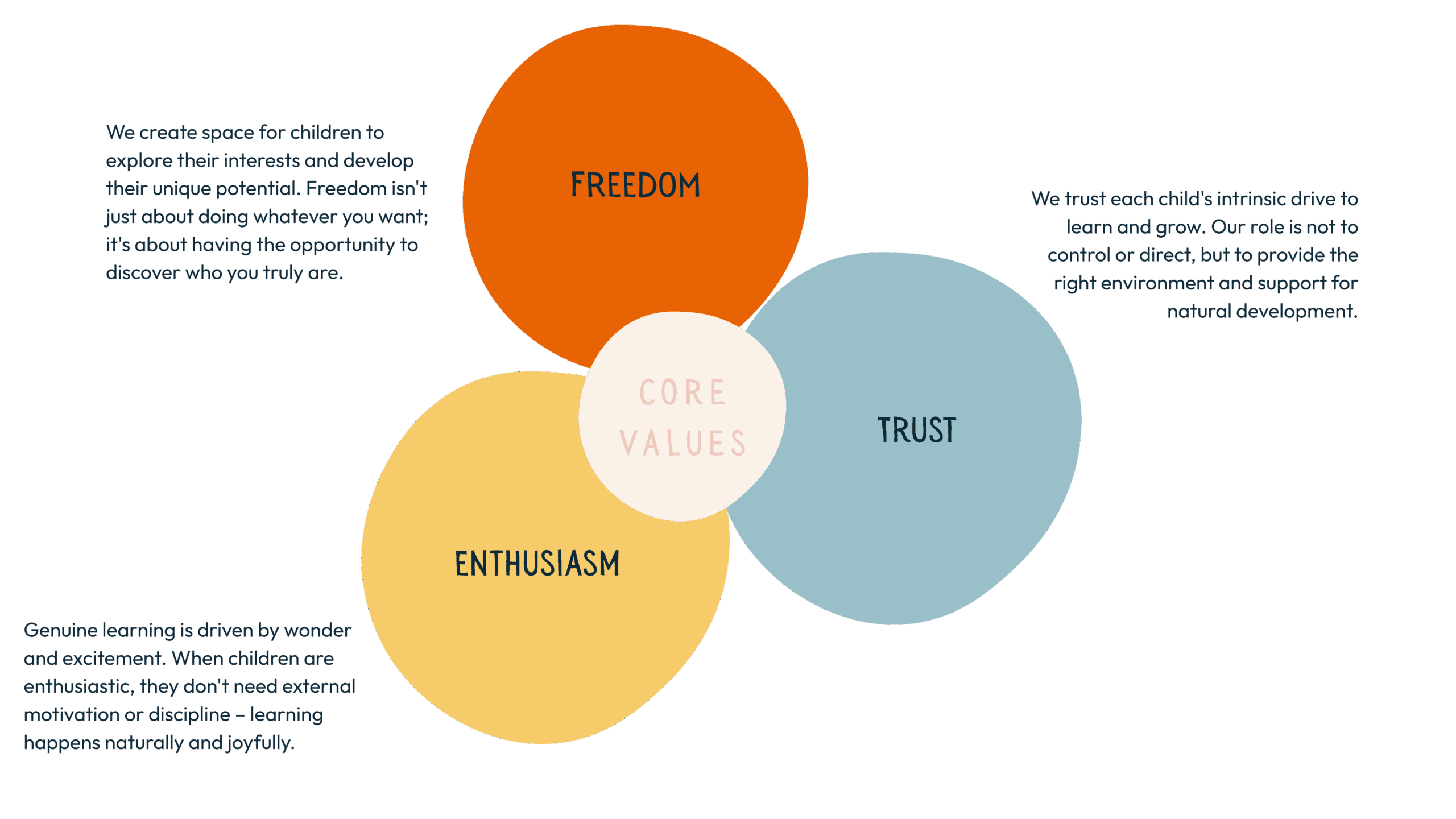
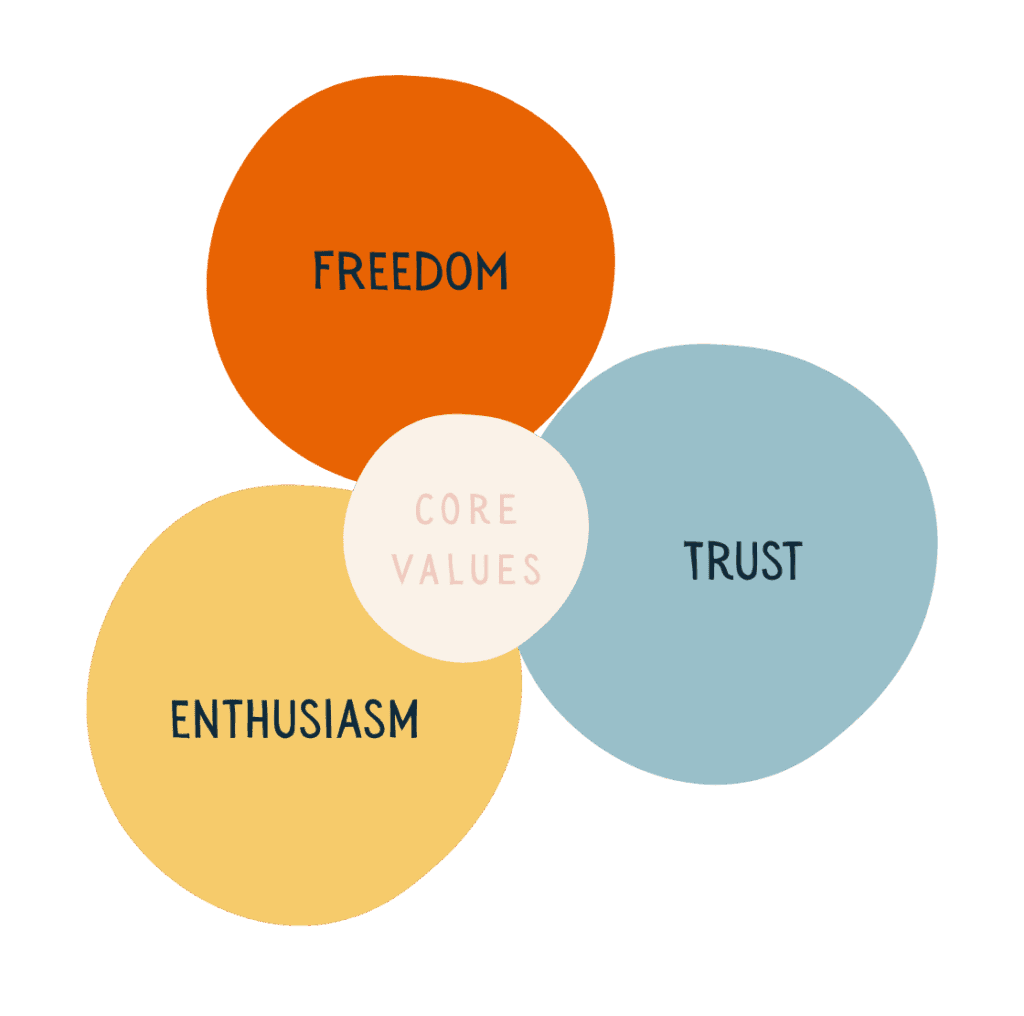
What Is Our Approach To True Learning?
Why Trust Us?
Our journey to Schola Vera began with a shared realisation: education could – and should – be different. As teachers, we witnessed how conventional schooling often dimmed children’s natural curiosity rather than nurturing it.
Tatiana’s decade as a dedicated teacher revealed that despite her best efforts within the system, something fundamental was missing. Falco’s experience founding Ocean College, a school on a sailing vessel, showed him alternative approaches that truly engaged students.
Meanwhile, Falco continues to struggle with the conditioning of his own conventional education: the fixed mindsets, perfectionism, and external validation that still influence his daily life and decision-making.
But it was becoming parents ourselves that transformed our perspective completely. Watching our own children’s unbridled joy in discovery, we couldn’t bear the thought of that light being extinguished by standardised education. We searched extensively for a school that honoured natural development, but found only institutions that repackaged conventional goals with prettier marketing and school premises.
So we made the bold decision that many parents quietly dream of: to create a school we would actually send our own children to – one that truly nurtures whole children, not just good students. And that’s exactly what we are doing: our own children will be among the first students at Schola Vera. It’s our commitment to preserving what makes childhood magical while preparing children for a future that will demand creativity, resilience, and authentic self-knowledge.
Who Are We?
Tatiana
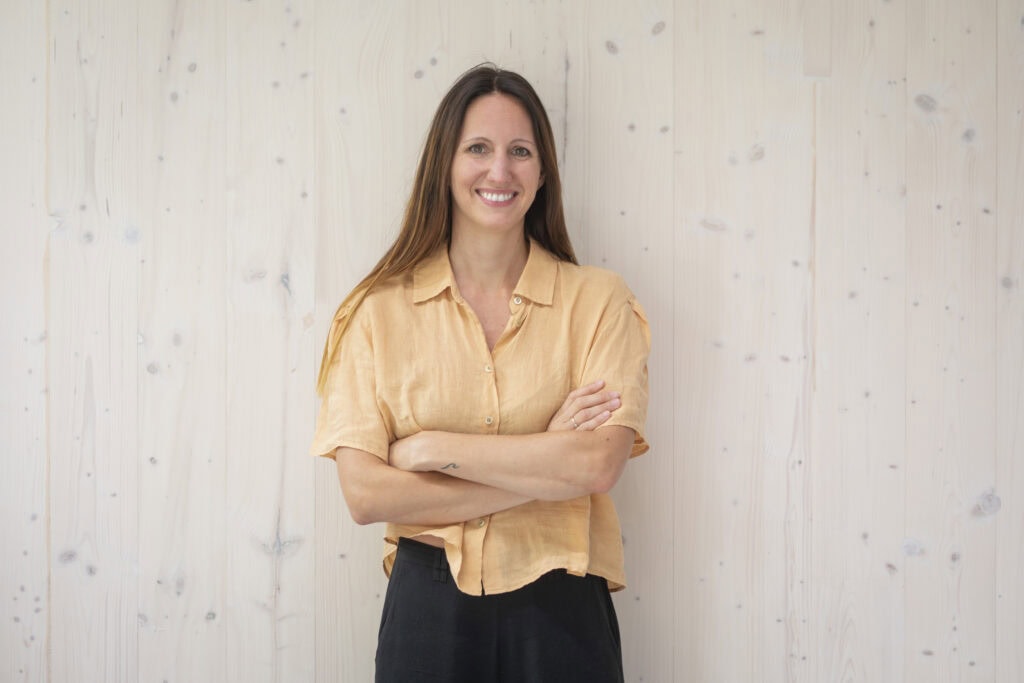
With over 10 years as a classroom teacher and extensive training in multiple educational approaches, Tatiana brings both professional expertise and maternal insight to Schola Vera.
Her journey from traditional teaching to educational innovation was inspired by witnessing the natural curiosity and joy of learning in young children, including her own.
Through years of classroom experimentation, she discovered that children thrive when given the freedom to follow their interests within thoughtfully designed environments, a principle that now forms the foundation of Schola Vera’s approach.
Falco

Combining entrepreneurial vision with educational experience, Falco has seen firsthand how conventional education can suppress natural creativity and self-direction.
His background in establishing Ocean College, a school on a sailing vessel, and lecturing at the University of Applied Sciences in Berlin informs his passion for creating learning environments that prepare children for real life, not just exams.
Falco’s own experience with conventional schooling – its lasting impact on his mindset and the ongoing effort to unlearn its limitations – drives his commitment to offering children a fundamentally different educational path.
Mila & Elli
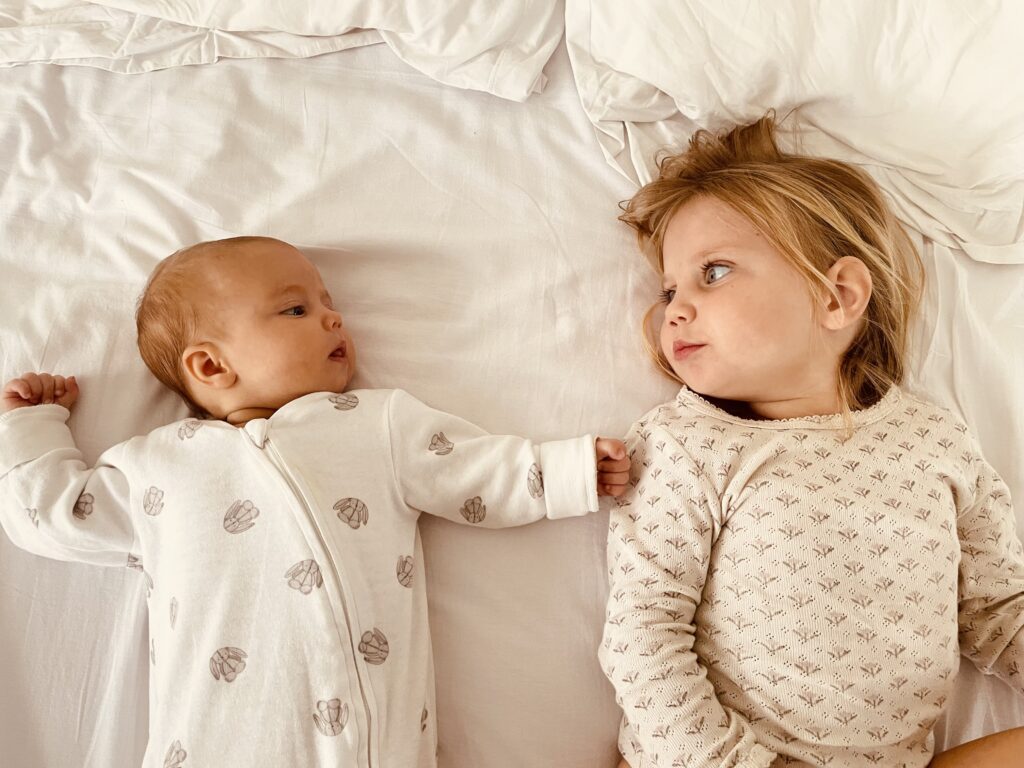
Our greatest teachers and the inspiration behind Schola Vera. Through their eyes, we rediscover daily what authentic learning truly means: That play is learning in its purest form.
Watching them dive into imaginative worlds, conduct “experiments” with household items, or spend hours absorbed in seemingly simple activities reminds us that play is not just what children do. It is how they make sense of the world.
Their natural play shows us that true learning radiates from within when children follow their curiosity with freedom and joy.
What Do We Offer?
Preschool (Age 2.5 to 5)
Five mornings a week of play, creative exploration, and gentle rhythms. Children will experience story time, outdoor adventure, art, music, and free play in a nurturing environment that respects their developmental needs. Limited to 12 children.
In this group, younger children naturally observe and learn from older ones, while older children develop empathy, leadership, and reinforce their own knowledge by helping younger peers. The wide age range allows children to find their own level of challenge and comfort, promoting both confidence and growth.
Our preschool places special emphasis on outdoor learning experiences, recognising that nature provides the richest possible environment for early childhood development. Through regular outdoor adventures, children develop stronger physical capabilities, improved sensory integration, and a deep connection to the natural world. Whether collecting leaves, observing insects, feeling different textures, or simply experiencing weather changes, these natural encounters stimulate cognitive development in ways that indoor environments simply cannot match.
Artistic expression forms another cornerstone of our approach. Young children communicate through many “languages” before mastering verbal expression, and art provides vital channels for this communication. Our art spaces offer open-ended materials that invite exploration rather than prescribe outcomes. We value process over product, encouraging children to explore materials deeply rather than creating predetermined crafts, allowing each child’s unique artistic voice to emerge naturally.
School Program (Age 5+) – Primary & High School
Children develop all the skills they need for life through a joyful blend of play, exploration and project work. At Schola Vera, we recognise that play is not just something children do between lessons. It is learning in its most natural and powerful form. Through free play, children develop critical thinking, problem-solving, creativity, and social skills while engaging deeply with concepts in ways that direct instruction could never achieve.
Our learning spaces are designed to spark curiosity and wonder, with rich materials that invite hands-on discovery. As children build, create, experiment, and collaborate, skills emerge naturally through these meaningful contexts. Reading becomes desirable when there are fascinating books to explore; writing develops when children want to document their discoveries; and mathematical thinking unfolds naturally through building structures, cooking, or solving practical problems that matter to them.
This mixed-age environment mirrors family and community structures where children naturally learn from those slightly ahead of them while mastering skills by guiding those who are less experienced.
Daily Rhythm for the School Program
Questions?
Basic Information & Practical Details
Educational Approach & Philosophy
Child Development & Progress
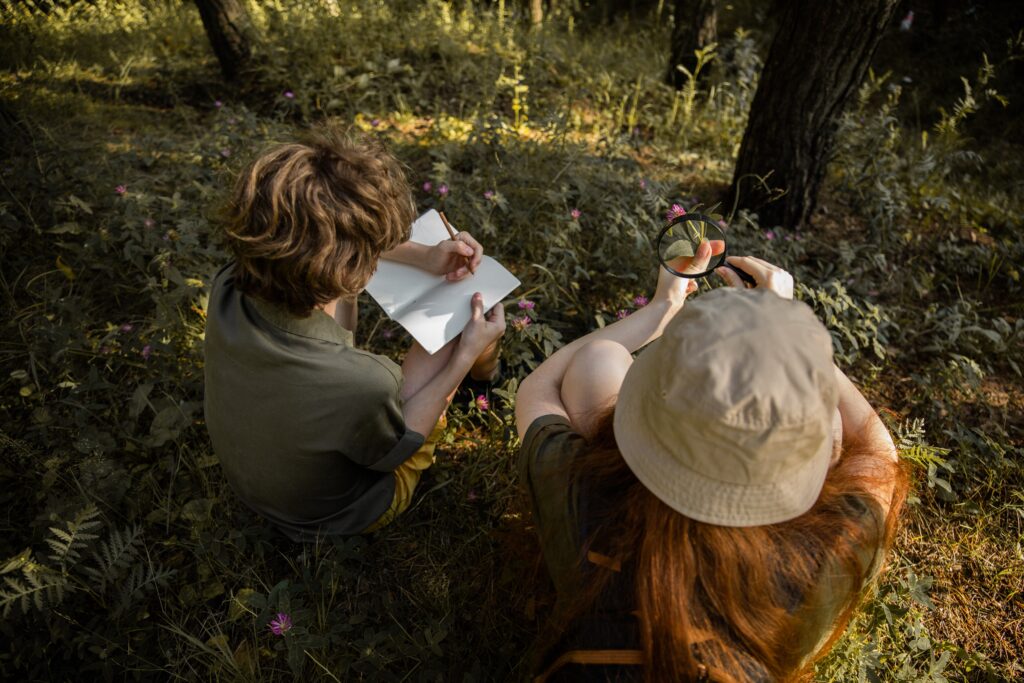
Languages, Communication & Community
Transitions
What Parents Say About Tatiana
Next Steps to Join Schola Vera
Our admissions process is designed to ensure genuine alignment between families and our educational philosophy. We believe in taking time to truly understand each other, creating the foundation for a meaningful partnership in your child’s development. Plus, we are very curious about who you are.
Start
Introduce Your Family
Please create a written document (1-2 pages) introducing your family. This helps us understand your motivations and ensures we’re a good fit for each other.
Format: PDF document, submitted via our online form below
Here are some guiding questions:
Week 1
Initial Conversation (Optional)
We may arrange a brief phone call to clarify anything from your introduction and answer immediate questions you might have.
Week 2
Family Visit
We will invite you to visit our home for an informal afternoon where you can:
This visit gives you a genuine taste of the Schola Vera atmosphere – where learning happens naturally through connection, play, and authentic relationships.
Duration: Approximately 1-2 hours
Week 3
Mutual Decision
After your visit, we will take time to reflect on whether we are the right fit for each other. This is not just about whether we accept your family. It is about ensuring both you and we feel excited about this journey.
Week 4
Enrollment
If we decide to move forward together, you’ll:
Ready To Join?
Read more about alternative education in our blog
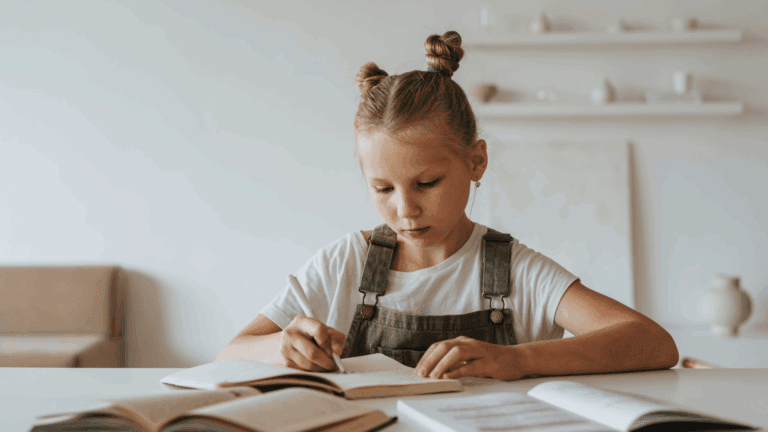
4 Traditional Schooling Alternatives: Homeschooling, Unschooling, Online Schooling, or something better? A Parent’s Guide.
Our Challenge As Parents As parents, we’re living through an unprecedented time of educational transformation. The rigid structures that defined schooling for generations are being questioned, reimagined, and sometimes abandoned entirely. More families than ever are exploring alternatives to conventional education, seeking approaches that honour their children’s natural development whilst preparing them for an uncertain future. Yet navigating these alternatives…
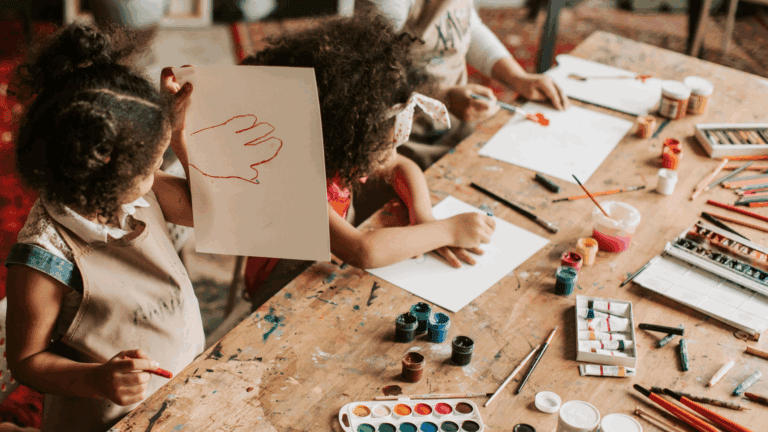
Why Your Preschool Choice Matters More Than Your University Choice
When we invest in a child’s earliest years, we’re not just filling time before “real” school begins. We’re shaping the very foundation of who they’ll become. Which is far more important than what follows in school and university. The Great Misconception Picture this scenario: You visit a beautiful school with an innovative primary programme that promises to nurture creativity, critical…
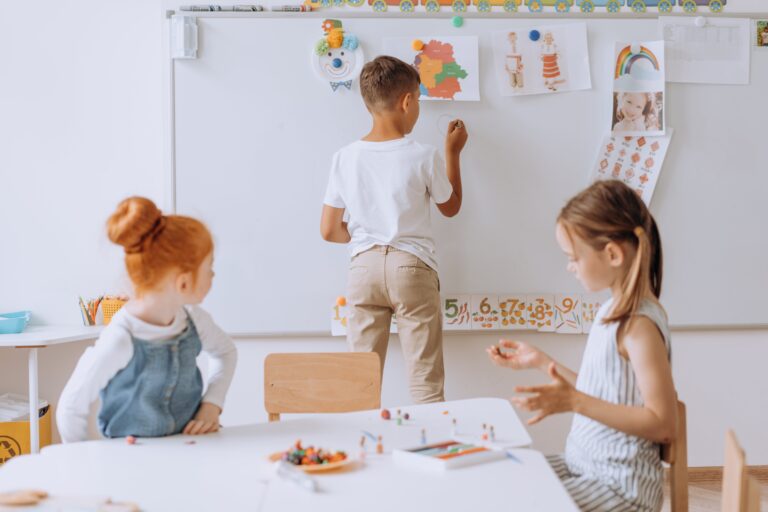
Montessori, Waldorf, or Something Different? A Parent’s Guide to Educational Choices
Is Montessori or Waldorf right for your child? After years in traditional education, we discovered something profound: even well-intentioned alternative approaches still impose adult ideas about how children should learn. That’s why we created Schola Vera—a completely different relationship with children based on trust in their natural wisdom.
